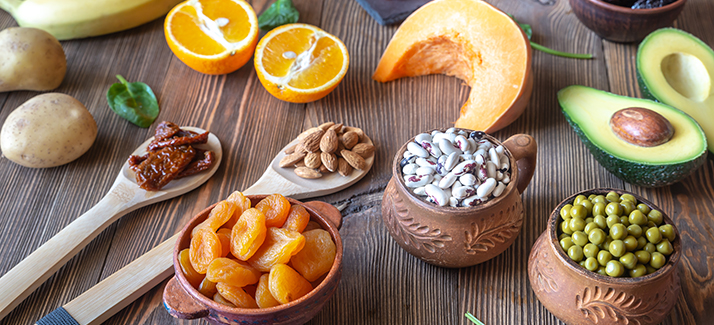In order to understand why electrolytes are so important, it’s helpful to know a little bit about what they do. Electrolytes are electrically charged minerals (e.g., sodium, potassium, magnesium) in your body that help regulate nerve and muscle function as well as hydrate your body through sweat. They also play a key role in maintaining blood acidity and pressure levels—which keeps your heart beating at a healthy rate—and keep essential functions like digestion and absorption moving along smoothly.
Preventing the loss of electrolytes, which are critical to keeping your body functioning properly, helps you stay well-hydrated and energized throughout the day. Here’s what you need to know about electrolytes and how to keep them balanced so you can stay at your best. If your body’s electrolyte levels aren’t balanced, you may experience muscle cramps or spasms, bloating or water retention, dizziness, nausea or headaches—all of which can make even routine tasks difficult or uncomfortable and hinder your ability to perform optimally at work or in sports.
The three main electrolytes are sodium, potassium, and chloride, but there are many others as well!
